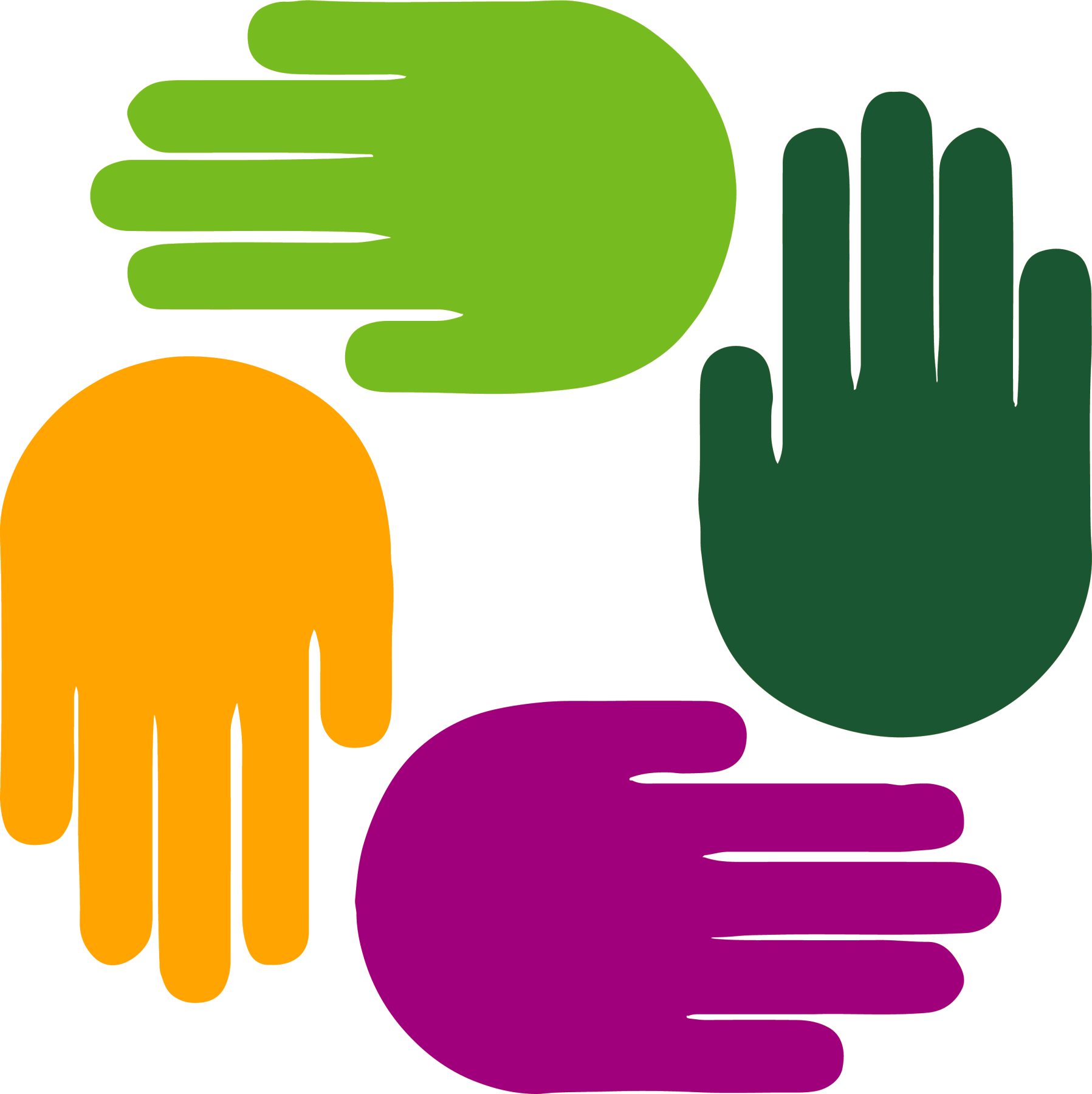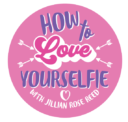Help Yourselfie
(Reduce perfectionism and increase self-compassion)
-
 Practice Self-Compassion
Practice Self-Compassion
-
 Recognize Self-Talk
Recognize Self-Talk
-
 Greet the Perfectionist Within
Greet the Perfectionist Within
-
 Empower Growth
Empower Growth
-
 Be Choosy About Self-Help Sources
Be Choosy About Self-Help Sources
Being Kind to Myself
Click here for Social Media Literacy Prompt
“Research indicates that self-compassion is one of the most powerful sources of coping and resilience we have available to us, radically improving our mental and physical wellbeing.” A key component of self-compassion is being kind (versus judgmental) when we make mistakes. Instead of using self-compassion, many of us will call ourselves names like stupid, idiot, loser, worthless, etc. when we mess up. But we’d never treat our friends the way we treat ourselves, right? We tend to give them compassion. Self-compassion is turning that kindness we give them on ourselves.
Click the Save button and go to the next tab on this page.
Expanding Self-Compassion and Resilience
Click here for Social Media Literacy Prompt
Our brains are busy. Every moment, they’re taking in hundreds (if not thousands) of pieces of information and working to connect them to our experiences. As our brains try to organize the information they’re receiving, they’re placing the highest priority on information that will help keep us alive–which often pushes them towards negatives or extremes.
While that might have been helpful millions of years ago (when surviving the day was a feat in itself), this negative bias continues to show up in our thinking even if our lives aren’t actively being threatened. Our brains overgeneralize information, filter out the positive, catastrophize , and jump to conclusions so much that we have a name for these common logical missteps: cognitive distortions . (Look them up online. See which match your thinking styles. There’s a bunch!)
Here’s the deal: Our brains might automatically lean towards negative interpretations, but that isn’t always the most helpful approach–or even the truth. One simple way to practice self-compassion and create a more realistic view of self is this: Notice our thoughts and question if they’re really true.
Click the Save button and go to the next tab on this page.
Hoping for Shares or “Going Viral”
Click here for Social Media Literacy Prompt
Whether you consider yourself a perfectionist or not, we have aspects of ourselves that shoot for perfection . This is especially true online where we have ultimate control over what people see. While wanting to put forward a positive image and make a good impression aren’t bad things, taken too far, they can be dangerous. For example, from October 2011 to November 2017, there were 259 deaths while clicking selfies (e.g., on cliffs, edges of volcanoes, etc.). The “trend” got quieter during the pandemic’s lockdown period but came back strong. In the first seven months of 2021, 31 fatal accidents, one per week, occurred while people were trying to click that perfect shot.
Click the Save button and go to the next tab on this page.
Growing from Mistakes
Click here for Social Media Literacy Prompt
It’s important to remember that mistakes aren't usually permanent. In life and especially in relationships, taking ownership and apologizing can go a long way in righting wrongs and healing hurts. And if a mistake didn’t harm anyone or anything, then we can simply learn from it, let go, and move on. (Besides, thinking over and over about a mistake rarely makes us feel better in the long run.)
Save this tab and click the button to continue
Assessing Mental Health Info Online
Click here for Social Media Literacy Prompt
Millions of people are scrolling for information and seeking self-help on social media. There, they can find information about any number of mental-wellness-related topics: perfectionism, self-compassion, mindfulness, anxiety, depression, ADHD, autism, disabilities, or whatever they might be experiencing.
Mental health influencers–professional and not–can be wonderful!! They have the potential to educate, create communities, reduce isolation, and help to reduce shame and stigma surrounding internal struggles. At the same time, they can spread misinformation, over-apply a personal experience to the masses, maintain stigma, or have otherwise unhelpful outcomes. So how do you tell the difference between an influencer whose information is trustworthy or not?
Remember that all media, including social media, has a message and a goal–may be to educate, persuade, sell, or something else altogether. Questioning the source and its intent can help you identify sources you can trust.
